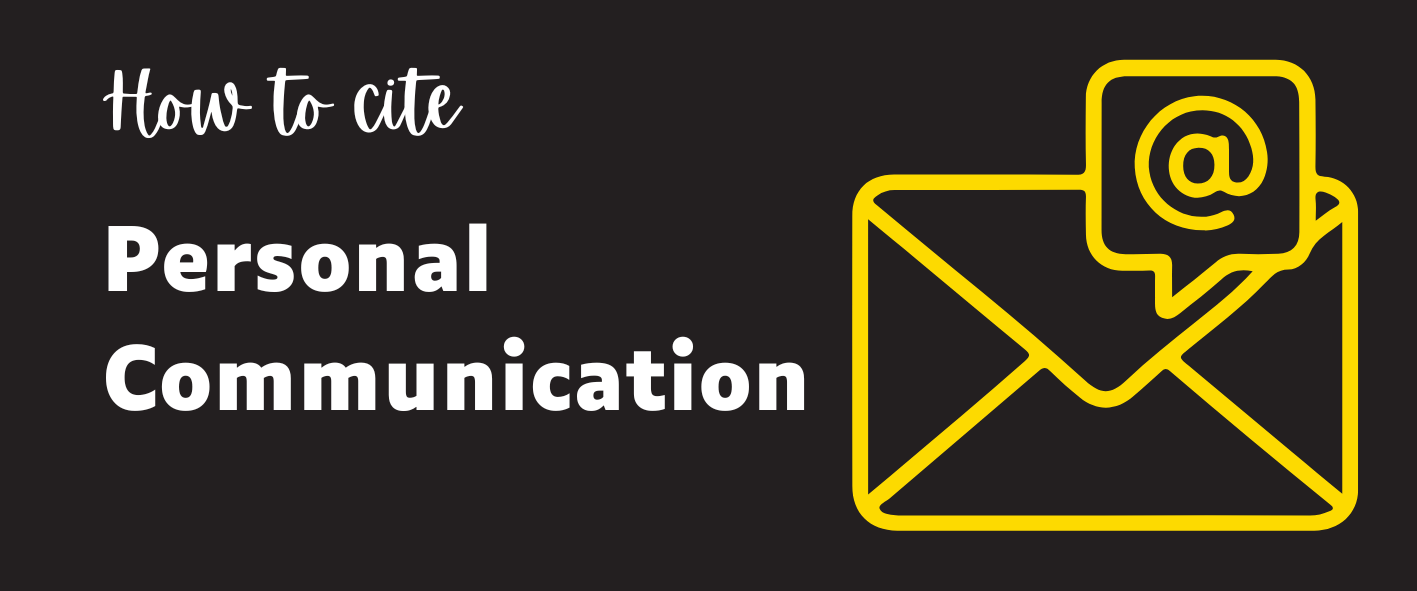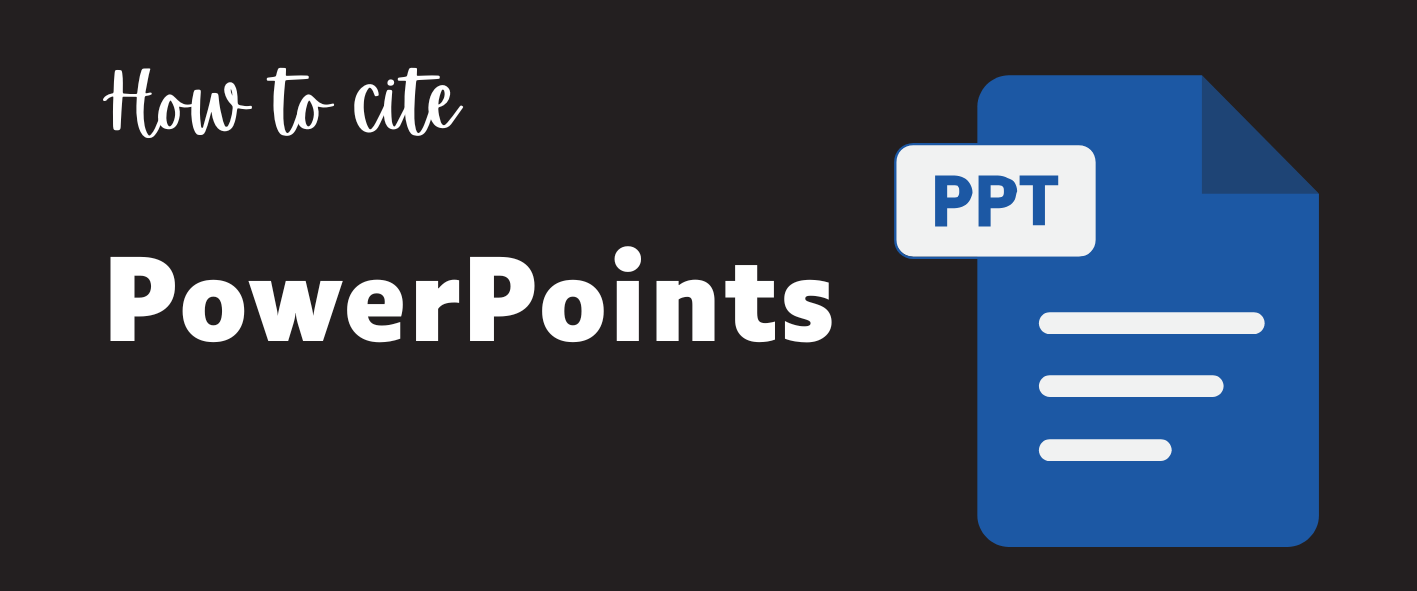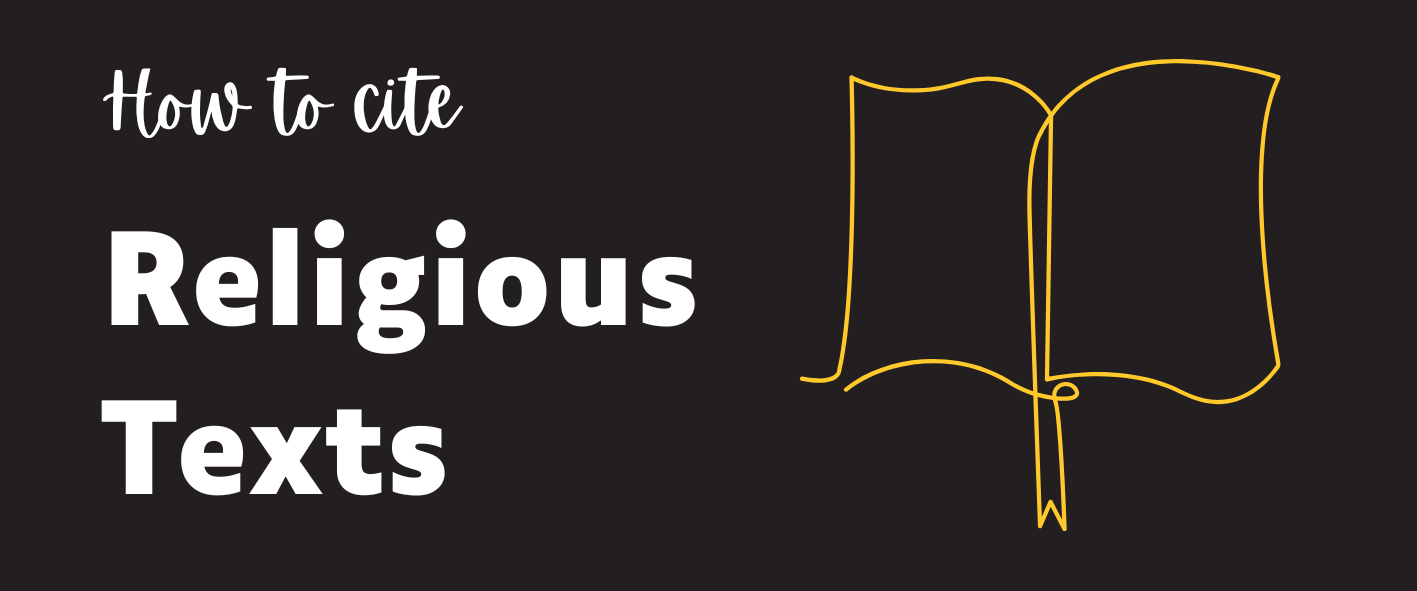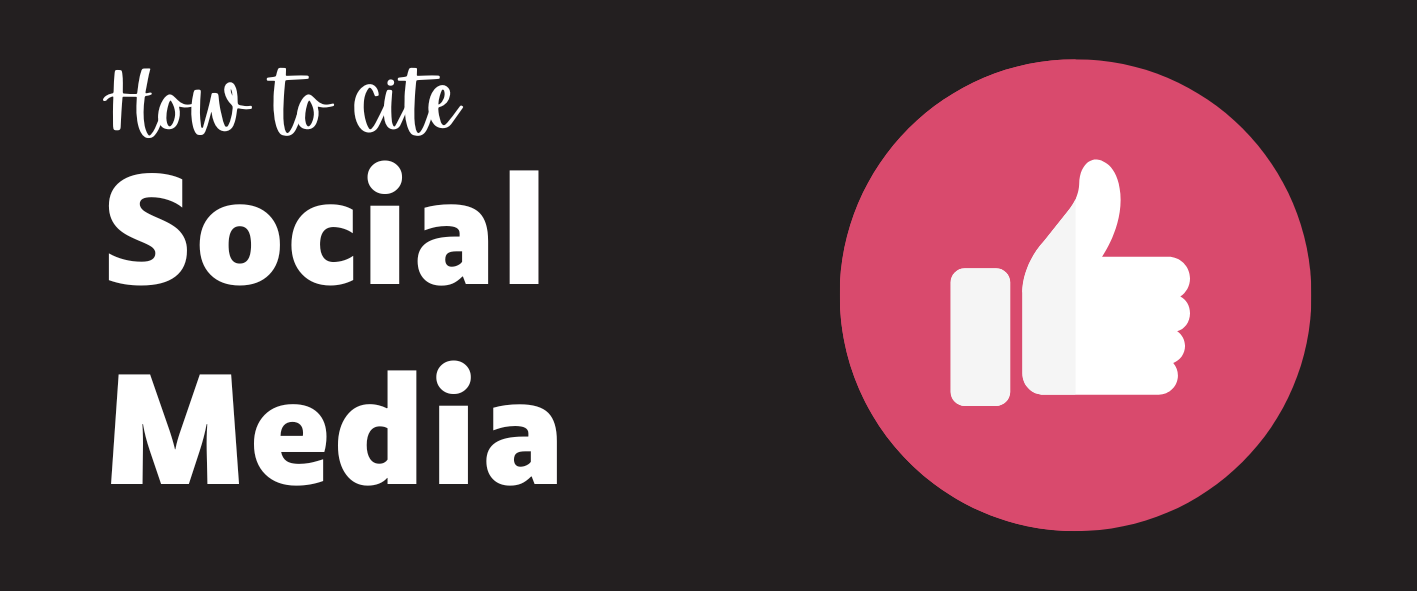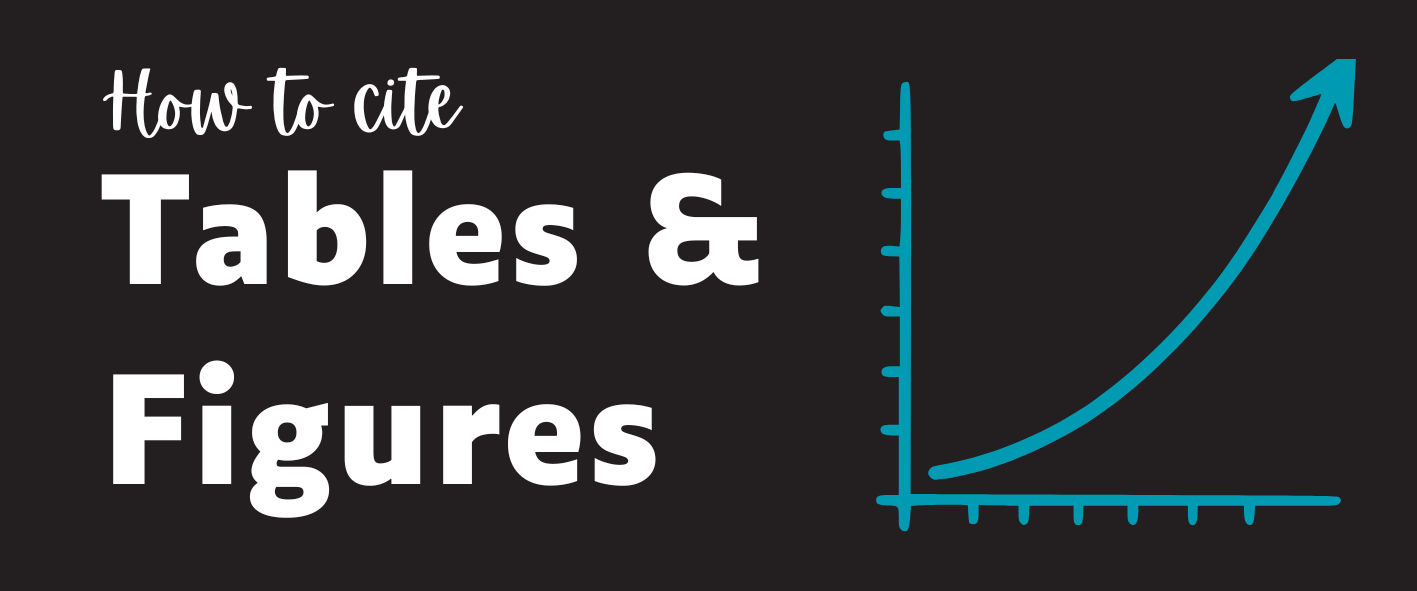Introduction
Academic integrity is demonstrated by students when they produce work honestly and with responsibility. This means, they produce work that is original and their own and they acknowledge the original ideas and words of others.
As a student, you are expected to demonstrate Academic integrity.
When you are given a research topic you search for information, facts and opinions which already exist. It is appropriate and required that you demonstrate ethical consumption of this information. You demonstrate the ethical use of information when you include a Reference list in your assignment and use in-text citations.
The Villanova Library subscribes to Citemaker on your behalf. This is a Referencing and citation generator. Citemaker will assist you in easily compiling a Reference list and will generate the correct in-text citation for your assignments. Scroll down this page to load a series of video tutorials which demonstrate how to register and use the generator.
Bibliographies
A Reference List is a list of sources you have used to complete your assignment. Each source must be referred to in your assignment.
There are many different styles of reference lists. Often the differences are as small as the placement of a full stop or the use of italics.
At Villanova we have adopted the APA style. An example is provided for you below.
Each source you enter into a reference list is called a citation. Each citation in your reference list must be referred to in your assignment.
Tips
Common Errors and Misconceptions
- The reference list must be presented in alphabetical order, according to the author's last name or the organisation's name. For example, enter the last name first into the author field followed by the author's initial: smith a For organisation authors, enter the full name. For example, united nations. Citemaker will always ask you to confirm if the author is an organisation. If you fail to confirm the author is an organisation, Citemaker will record the author as, Nations, U. Obviously, this is wrong.
- Check your spelling. Citemaker does not correct spelling errors. We notice spelling errors in author's names, the titles of books and journal articles, even URLs.
- The purpose of the reference list is to provide your audience with as much detailed information about your sources. Make sure you narrow down the author's name as much as possible. If you are using information from the Queensland Department of Health the author should not be Queensland Government. This is too broad. The author should be Queensland Department of Health.
- The author's name should be identified in full. For example, United Nations not UN, Australian Bureau of Statistics not ABS.
- When there are multiple authors, you must enter each author's name. Citemaker will accurately display the authors according to the APA style.
- For books, journal articles and physical newspapers, include the page numbers into Citemaker. These will be used by Citemaker to indicate how you should formulate your in-text citation.
reference lists

Referencing Examples and Non Examples
Referencing
The following represents how to and not to represent citations for three different sources. The sources used are:
Example One: Carbon Capture and Storage (CCS) | Geoscience Australia (ga.gov.au)
Example Three: Sustainability | Free Full-Text | Hydrogen Fuel Cell Vehicles: Opportunities and Challenges (mdpi.com)
Each example and non example was produced by Citemaker. For each, the URL was copied and pasted into Citemaker. What's the difference? For the non example, the student did not CHECK the information - they just clicked save. For each correct example the information was checked and edited before it was saved. Almost every entry copied into Citemaker will need editing.







